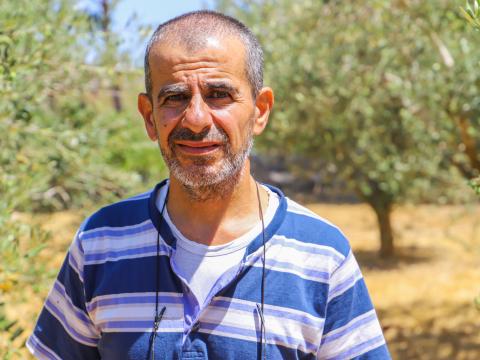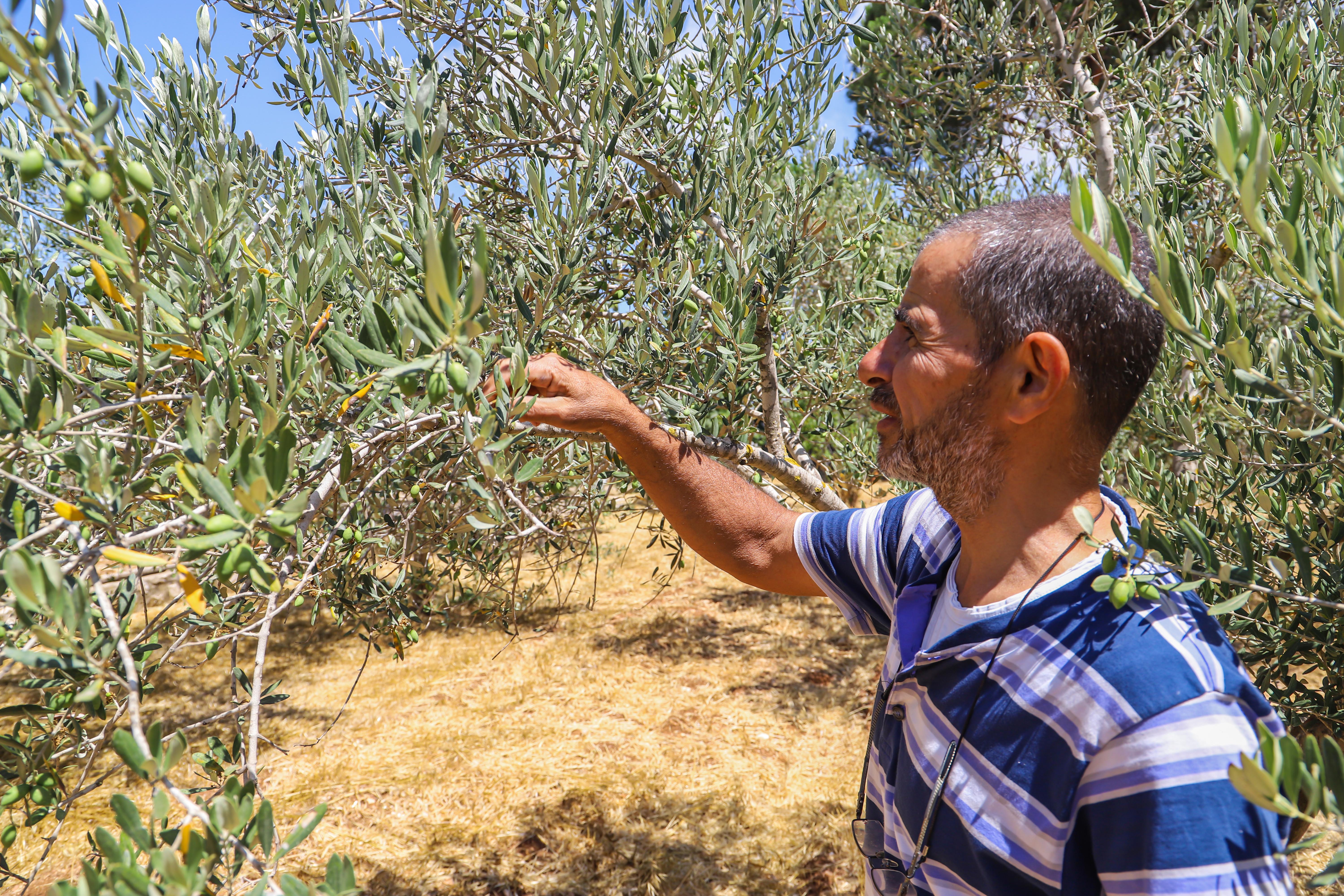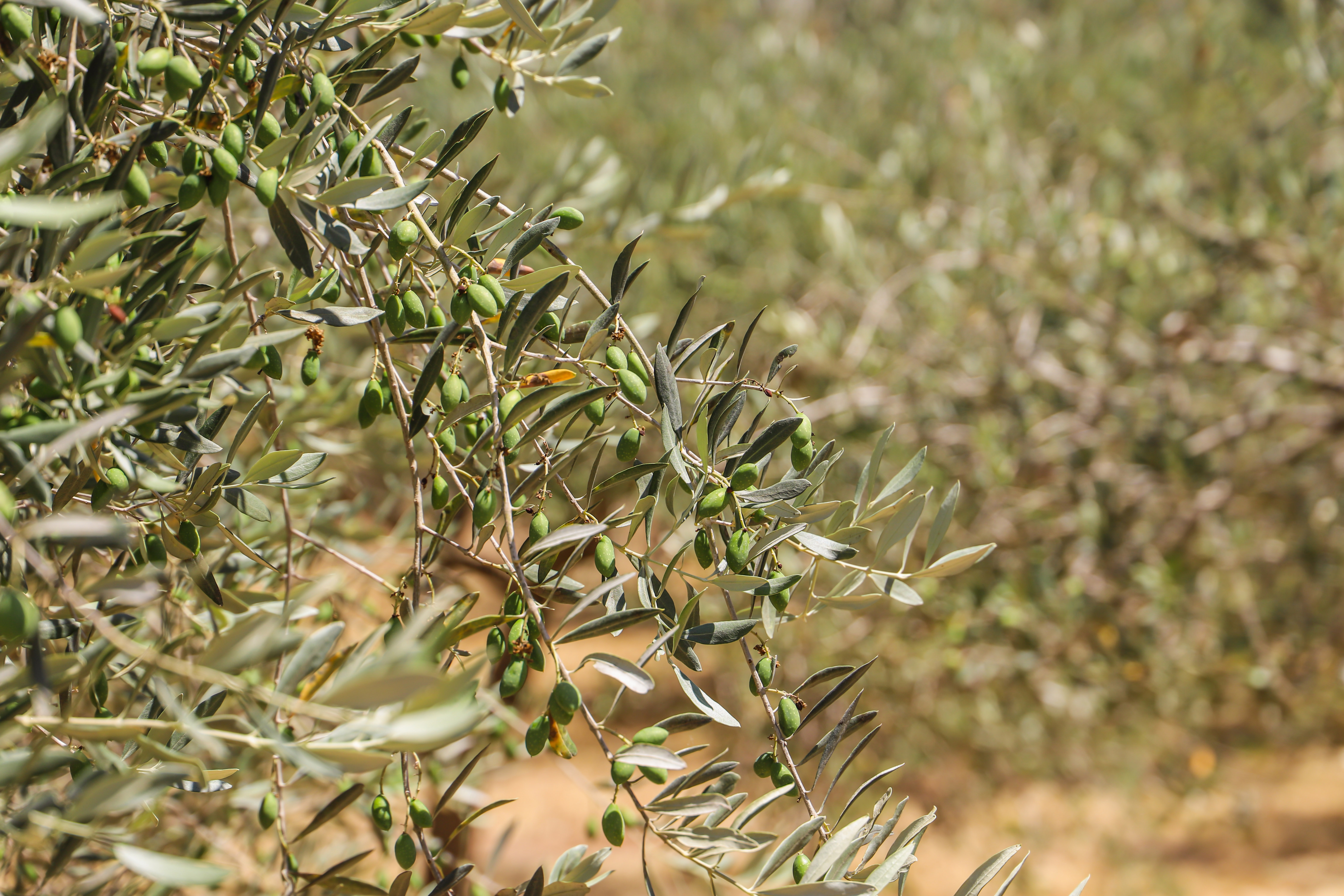Olive tree: Source of pride and productivity

For centuries olive trees played a fundamental role in the life of the Lebanese. Lebanon’s Mediterranean weather and fertile lands provide the perfect condition for the growth of premium quality olives, hence, many farmers in the country rely on the tree as a main source of income.
The heavy toll of the economic crises that sieged the country in the past three years added enormous strains on Lebanese farmers. “I have been a farmer for over 20 years now, but the past years were unprecedented. It (economic situation) crippled our capability to take good care of our lands. We need to give it (the land) in the order for it to give us back,” says 55-year-old Najib.
Najib is not able to secure enough profit due to the high cost of production. “The olive trees are all I got. They are the main provider for a family of five, including three small children. To be able to produce sufficient and high-quality olives, I need to invest in maintaining them. Sadly, good maintenance is expensive nowadays,” says Najib.

In order to build the expertise of farmers in the South of Lebanon, World Vision provided 15 farmers with sessions to obtain extensive experience on how to take better care of their olive trees, thus increasing their revenues. “I learned a lot of new information such as how to properly prune the trees since light needs to go through the entire tree. We also learned the importance of irrigation to get a better olive outcome,” explains Najib.
In addition to the sessions with a professional consultant, the farmers received fertilizers and pesticide for the olive trees, as well as a supplementary irrigation. “The treatments we received are important to protect our trees from disease. Also, since water is expensive recently the water trucks were of great help,” says Najib. “We harvest the trees in October or November, I am happy because I believe the outcome this year will be much better.”

The agriculture sector is one of the most important pillars of the Lebanese economy. Approximately 60 per cent of citizens outside greater Beirut rely on agriculture directly or indirectly. “Since my main income is from what I produce from the trees (olives and olive oil), I am very grateful for support because it made a difference during this difficult period.”